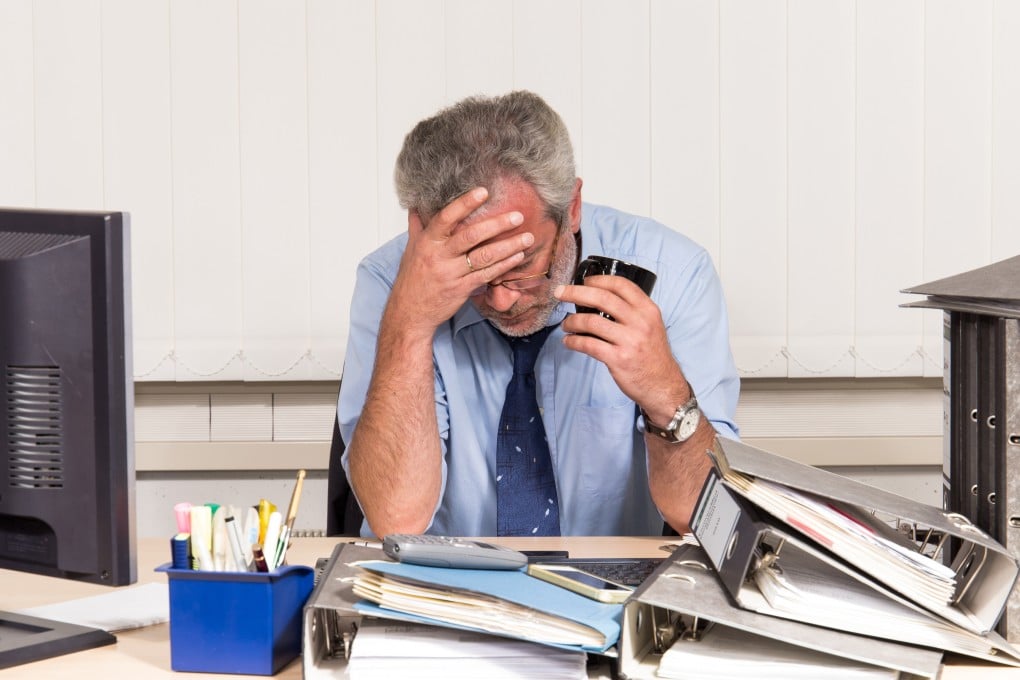Burnout: why prolonged work stress is a danger to physical and mental health – especially for men – and what needs to be done about it
- In societies that frown on men who show signs of vulnerability, burnout can play out as irritability, aggression, or an escape into alcohol or drugs
- A recent panel on men and mental health looked at why change needs to come from the top of the corporate ladder and how employees need to play their part too

Burnout doesn’t happen overnight – it builds slowly over months, often years. You might be managing the symptoms on a daily basis, just getting by, but left unchecked you risk wreaking havoc on your health, happiness, relationships and career.
The time to do something about it is as soon as you recognise that something is wrong.
“I didn’t take action early enough,” said Brian Henderson, a former C-suite leader in Asia and founder of Whole Business Wellness, speaking on a recent panel on men and mental health. “I’d heard about the symptoms of depression and anxiety and thought everyone was feeling the same, so didn’t do anything.
“I did disclose it to a few people, but they didn’t know what to make of it. In Asian culture, there is the expectation that men need to be macho and strong and lead from the front. I wanted to be vulnerable and open up, but didn’t know what my team expected from me.”

Henderson said he struggled for several years with a series of personal and professional challenges before seeking help in early 2020.